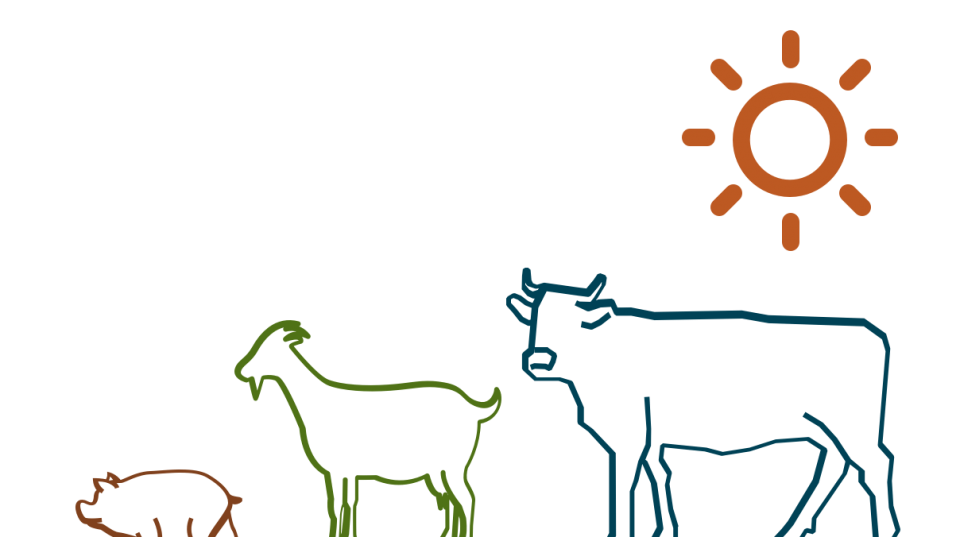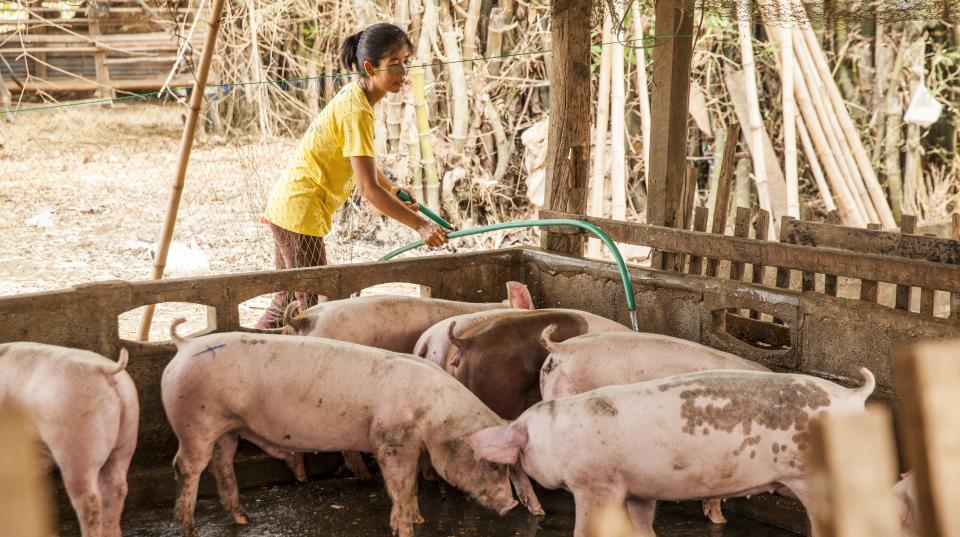Overview
This project conducted an impact assessment of a 2014 human/pig therapeutic intervention aimed at eliminating the zoonotic parasite Taenia solium from the village of Om Phalong in northern Lao PDR.
The 2014 study was the first of its kind in southeast Asia aimed at demonstrating the effective control of T. solium within a targeted area using a two-pronged methodology in both humans and pigs. Whilst initially successful the sustainability of control of taeniasis within the human population after such a programme was unknown and warranted investigation.
The level of success identified, combined with examining social/cultural influences, will assist in developing a methodology to potentially identify further at-risk villages for Taenia solium transmission.
In addition to the impact assessment the project aimed to develop links with key human and animal health stakeholders and discuss the main research priorities surrounding foodborne parasitic disease within Lao PDR. Ultimately this will be used to develop opportunities and confirm research questions for the follow-on project - investigating transmission risks of zoonotic parasitc infections and the best methods for the detection and control of identified pathogens within the region from both an epidemiological and socio-economic perspective.
Project outcomes
- Conducting an impact assessment of the 2014 therapeutic intervention of people and pigs in Om Phalong, Phongsali province.
- Developing links with key stakeholders and discuss the priorities for the control of food-borne parasitic disease with Lao PDR.
- Investigating cultural/social behaviours which may influence a village’s risk of zoonotic parasite transmission.
- Gaining a solid understanding of the current situation of food-borne parasites within Lao PDR in order to develop the full proposal for LS/2014/055 to reflect current research opportunities and stakeholder interests for a larger project investigating foodborne parasitic diseases.





